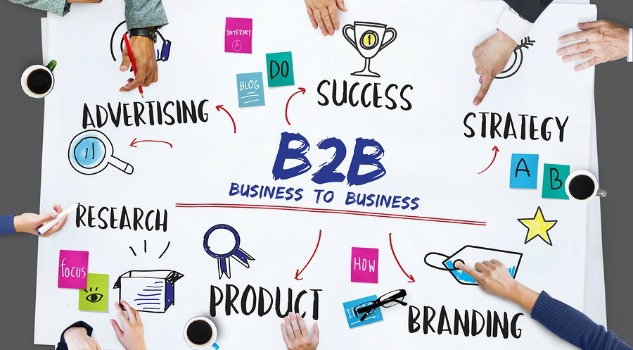Have cheques and bank transfers gone the way of the dodo in your business of late?
A June 2017 bulletin from the Reserve Bank of Australia entitled The Ongoing Decline of the Cheque System noted that cheques represented just one per cent of the number of non-cash payments in 2016; their popularity superseded by other instruments, such as debit and credit cards and direct credit payments.
Fast forward to 2022 and research suggests the COVID crisis has further accelerated the trend away from cheques, with locked-down consumers and businesses opting to make and receive payments electronically. AusPayNet’s August 2020 Future State of Payments Action Plan noted that a continuation of current trends would see no cheques in circulation within five years.
The rise of B2B eCommerce
B2B eCommerce, meanwhile, has been going gangbusters, as enterprises of all stripes and sizes take a leaf out of the consumer playbook and let their fingers do the walking. Forrester predicts B2B eCommerce will be worth $US1.8 trillion, in the US alone, by 2023.
Over two-thirds of business buyers are spending more time and money online than they did, pre-COVID, according to research conducted by eCommerce vendor Sana Commerce late last year. A survey of businesses across seven countries found the average spend was up 45 per cent since the onset of the pandemic.
But selling online to other businesses isn’t as simple as sprucing up your website and waiting for the orders to flow in, just as they do in real life. Like their consumer counterparts, business customers want end-to-end purchasing experiences that are swift and seamless and they’ll take their business elsewhere if they don’t receive them.
A matter of trust
This poses a problem for organisations that aren’t using an eCommerce platform that integrates tightly with their billing and invoicing solutions and their payment gateway provider of choice.
Clunky, cumbersome payment processes can be a real turnoff for business buyers, as can invoices that are incorrect or incomplete.
That’s because payments are all about trust; the bedrock of any B2B relationship. Billing correctly and on time, each and every time, enhances that trust and reassures customers that your business is a professional and ethical supplier, the kind they can count on to do right by their business.
Some won’t be prepared to extend a second chance to ‘billing bunglers’. Instead, they’ll navigate their way to a competitor that understands what professional service looks like in the digital sphere and can deliver it, from order to invoice, rapidly and reliably.
In today’s times, having a facility to accept digital payments is an integral component of that service.
Establishing a foundation for success
Acquiring the right infrastructure makes meeting and exceeding B2B customers’ high expectations an easier proposition.
That’s where revenue management technology comes in. While some businesses may look to develop their own bespoke solutions, integrating disparate billing and payment systems with a payment gateway provider can be a complex and expensive process, and supporting the end result an impost on hard-pressed ICT teams.
Implementing a cloud-based solution that covers the revenue cycle from end to end is a simpler and safer proposition. It’s foundation technology that allows you to track and manage your customers and their orders, bill them accurately and obtain visibility into the entire customer and payment journey.
Choose one that integrates seamlessly with the ERP solution that powers your business and your chosen payment gateway provider and you’ll be well-placed to offer business buyers an excellent online purchasing and payment experience.
As Australian enterprises continue to pivot towards all things digital in 2023 and beyond, it’s an investment that’s likely to pay excellent dividends for many years to come.















